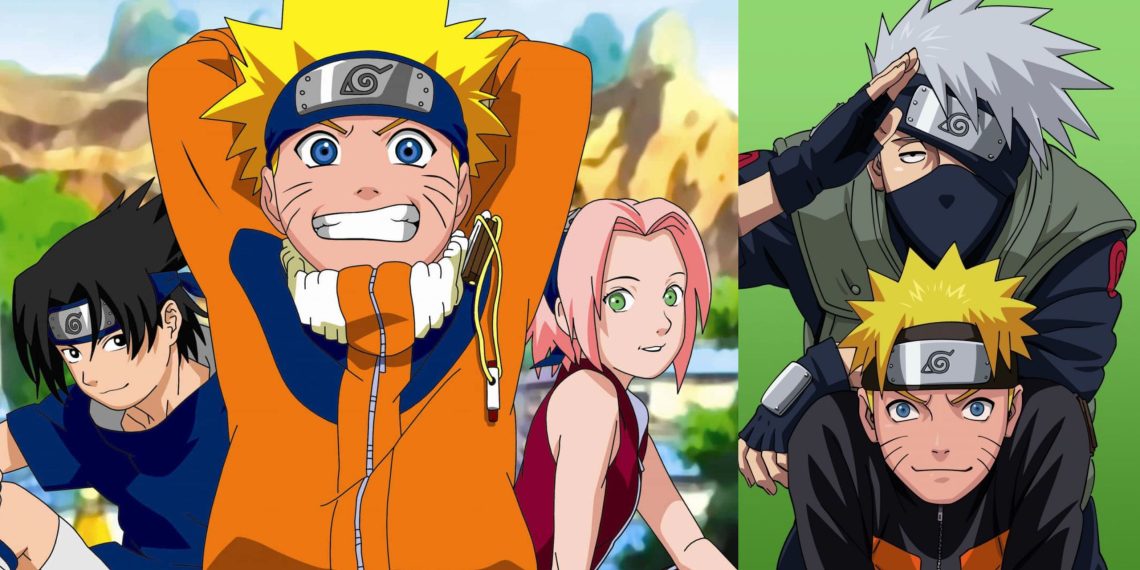“Naruto” is a major anime property that has remained influential for decades.
Focusing on the titular hero’s pledge to become the leader of his ninja village, the series has had a profound impact across the globe. It’s also one of the best anime for families to enjoy together.
“Naruto” imparts several valuable lessons that younger viewers can apply to their own maturing lives.
It also contains enough edge and action to keep older audiences engaged. The series fosters a strong sense of family, friendship, and community, which resonates deeply with viewers as they experience similar themes in their own lives.
Compassion, Tolerance, and Determination
Though he’s the main character of the series, Naruto isn’t exactly popular in the Hidden Leaf Village. Adults and kids alike mistreat him, and he responds with outlandish, obnoxious behavior.
No one takes Naruto seriously, largely due to the inherent prejudice held by the older villagers. Years before, he was sealed with the Nine-Tailed Fox, a fact he was unaware of.
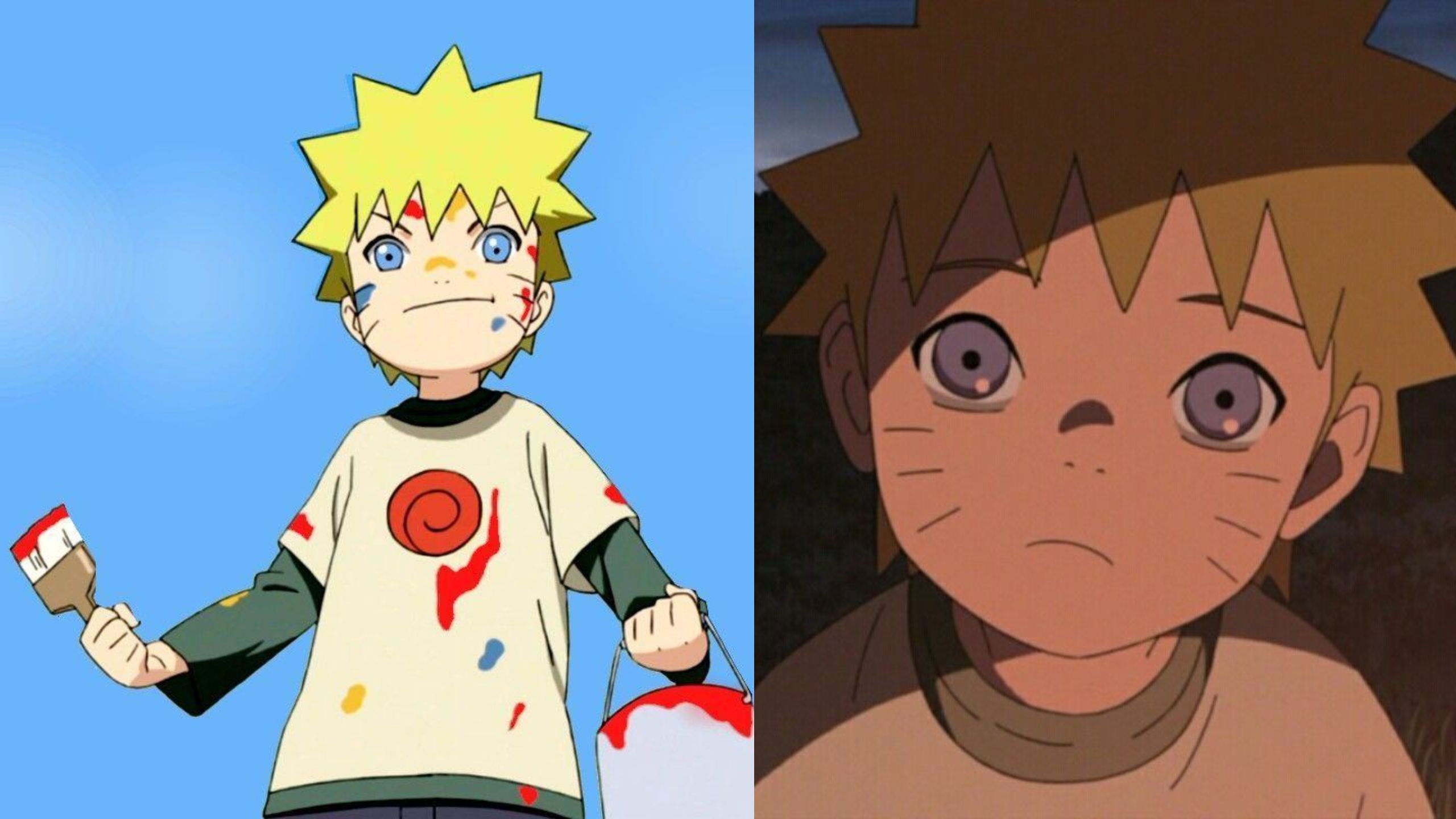
His mistreatment was due to something beyond his control, reflecting real-world prejudice.
Similar circumstances affect characters like the dark and distraught Gaara, who was only treated well in his youth by his uncle.
Young viewers can definitely take these messages to heart, regardless of where they fall on the spectrum.
Those who are outcasts or bullied might relate to Naruto, Hinata, and other characters, taking heart in their struggles and seeing how they overcome adversity.
Viewers who are more accepted, or even those who bully others, might reflect on their actions and see their consequences.
Most importantly, Naruto and other characters exemplify facing fears and standing strong against all odds.
Despite being disliked and looked down upon, Naruto is determined to become the next Hokage, the leader of the Hidden Leaf Village.
This goal seems completely out of reach for such a social outcast, much like a child with downtrodden circumstances aspiring to become a lawyer or even the president.
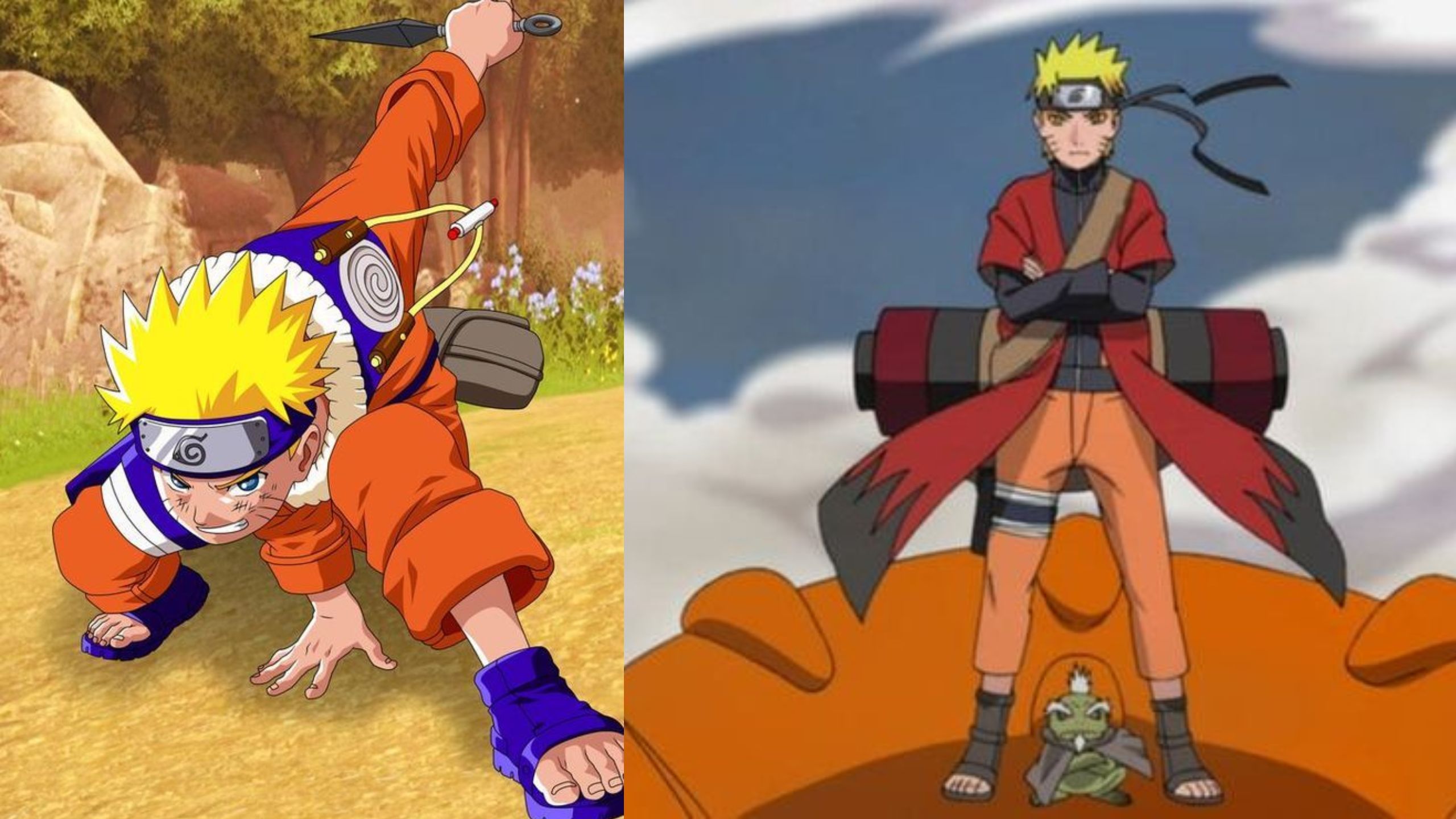
Watching Naruto fight to achieve his dreams, despite the odds, is a great message for kids.
Similarly, the power of friendship is portrayed subtly and effectively in “Naruto”. Several characters, including his future wife Hinata, are inspired by Naruto’s determination and strive to tackle their own issues head-on.
Young viewers might see this and be inspired to face their fears, while older siblings or parents might work harder to be positive influences.
The Right Amount of Edge
While “Naruto” offers valuable lessons for younger viewers, it’s by no means just a “kids” show.
The series includes adult humor and darker elements that make it appealing to older viewers, including those new to anime.
Characters like Jiraiya bring a lot of ribald and salacious comedy, some of which may go over the heads of younger viewers.
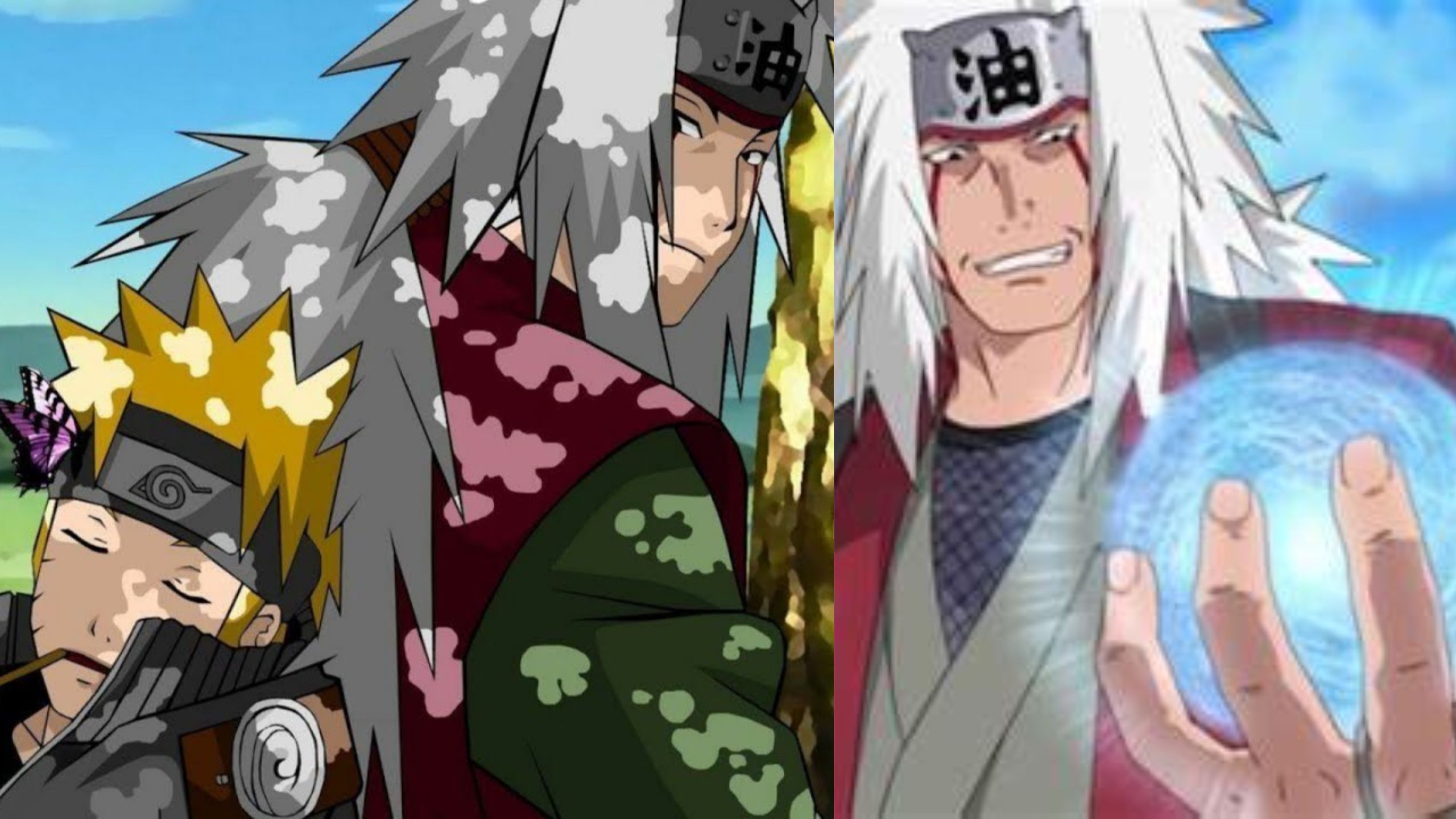
This balances Naruto and Konohamaru’s sometimes childish antics, giving everyone something to laugh at.
As a series based around ninjas, it’s no surprise that “Naruto” features epic action and fight scenes.
The series showcases some of the best fights in the shonen genre, with new techniques and attacks constantly upping the ante and keeping things fresh.
The connection to the characters makes these fights even more visceral, giving them great gravitas and stakes.
Adding the backstories of the characters provides depth, engaging older audiences even amid the sprawling cast.
The same goes for younger fans, with “Naruto” potentially being their first “epic saga” to follow along with and pay attention to.
Both age groups will seek out similar long form anime adventures. The sometimes brutal fight scenes and tragic origins will attract young and old alike.
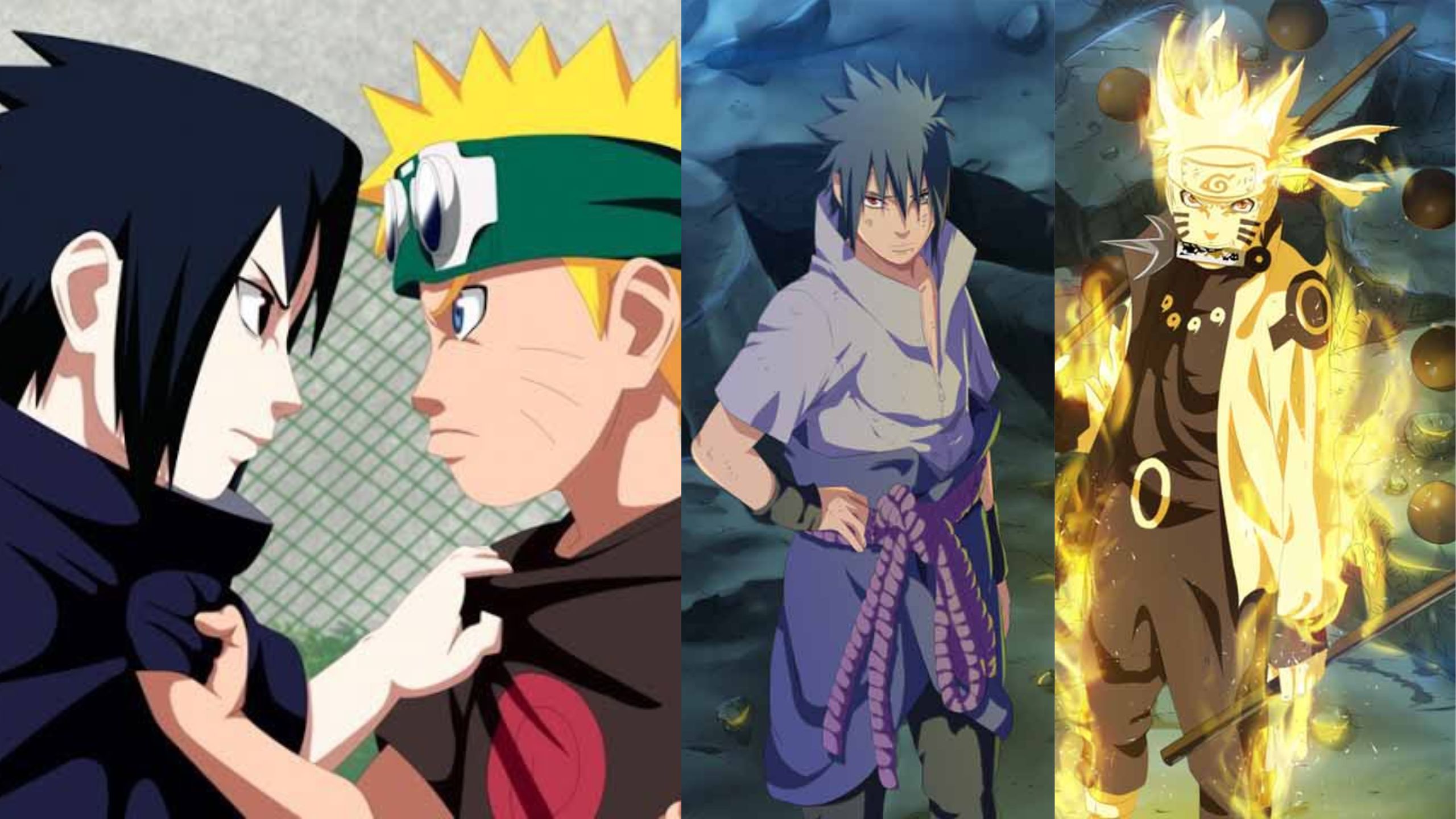
Characters like Naruto and Sasuke are effectively orphans, with Sasuke’s Uchiha clan being slaughtered before the series begins.
Major ninjas have insights into their psyche that flesh them out, giving them personal drives and sometimes saddening backgrounds.
Even villains like Pain have compelling origins, turning them into more than just adversaries waiting to be defeated.
While some young audiences might find this too intense, others will enjoy a “cartoon” that’s not as blatantly kiddy as what they’re used to.
Similarly, older viewers who might be hesitant to watch an animated show will be drawn in by the occasional grittiness and edginess.
Promoting a Sense of Community
One of the great things about the large cast in “Naruto” is how relatable they are to viewers of all ages.
Naruto has several classmates beyond his teammates (Sakura and Sasuke), and he has varying relationships with them all.
Many look down on him or are annoyed by him, but others, like Hinata, are friendly. The young Konohamaru and his classmates see Naruto as an older brother, and their antics are quite similar.
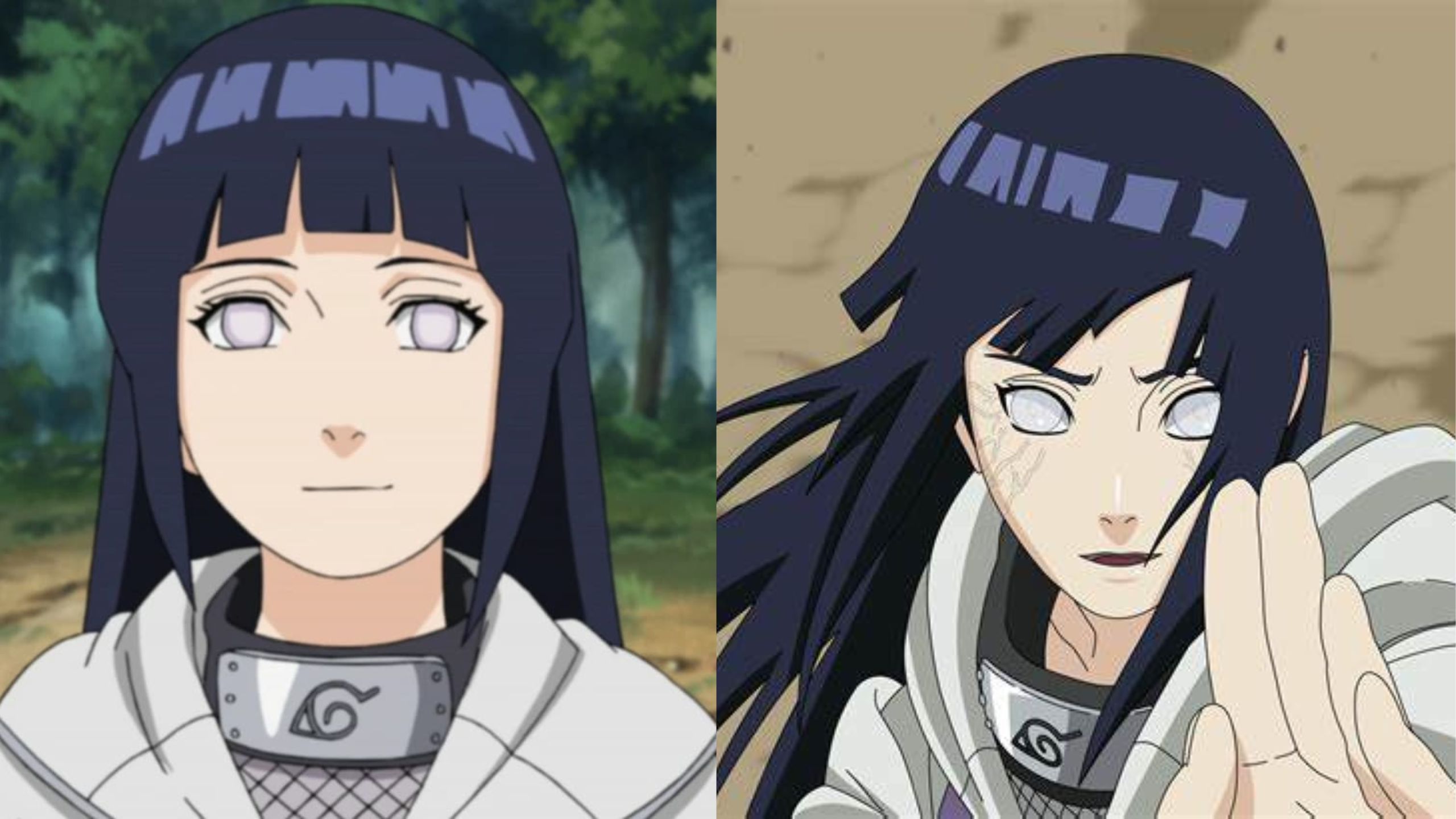
Viewers can relate to this, seeing the other ninjas as classmates they don’t quite get along with, while Konohamaru and his band are more like annoying yet lovable siblings.
Eventually, Naruto and the others develop a respect for each other due to their interactions on missions.
This is similar to how a former bully or tormentor in high school may become a more docile acquaintance or even a friend.
Similarly, someone a person knew vaguely in middle school or high school might become a coworker in adult life.
Even if they don’t, there’s a shared sense of community and camaraderie from experiencing life together.
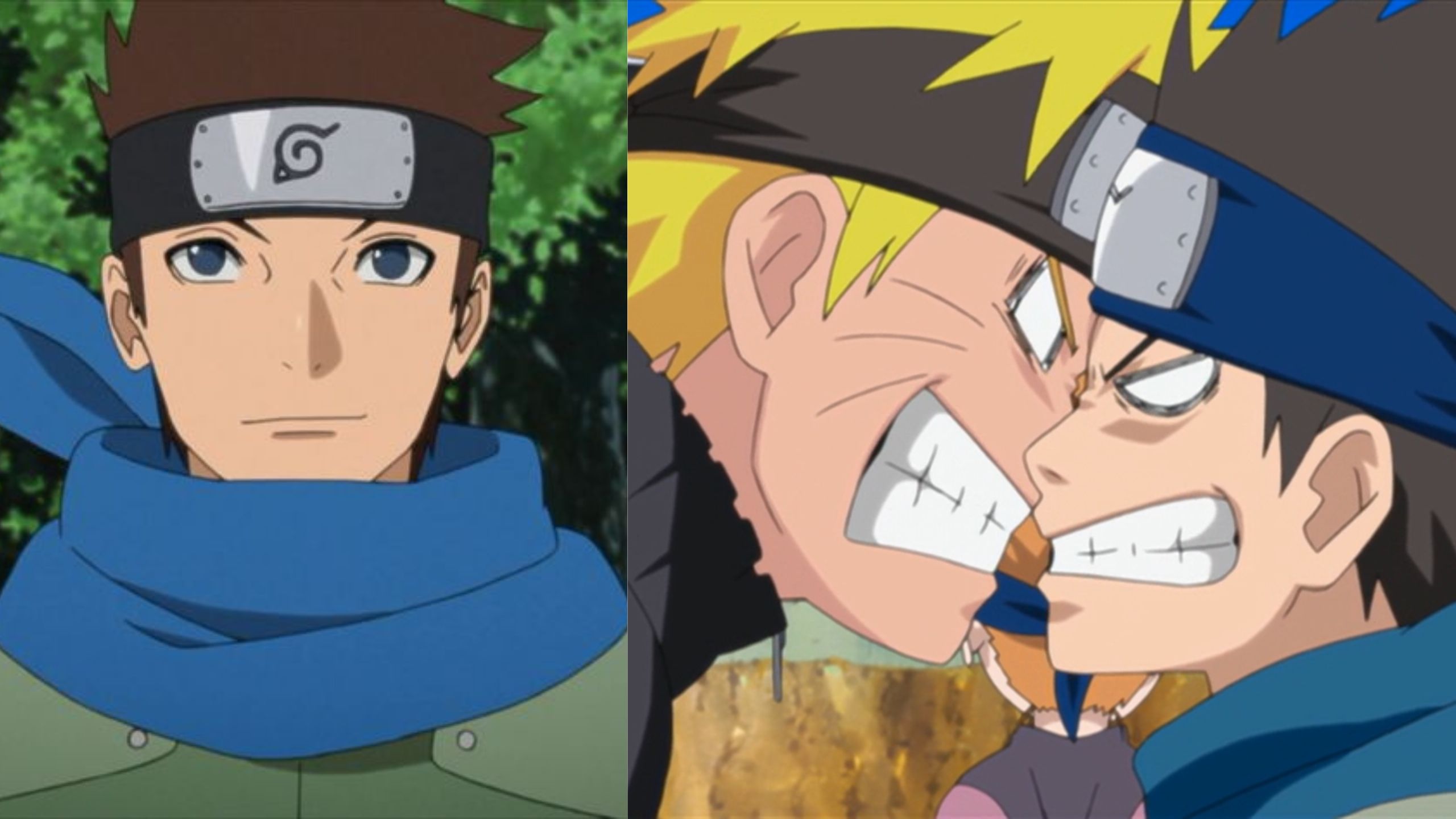
Young and old viewers can relate to this, and it speaks to the human element beneath the chakra and ninja magic. This is why “Naruto” is so relatable to so many people.
Its multigenerational appeal means that parents, siblings, and kids can watch it together, understanding why it’s one of the biggest anime franchises of all time.
Timeless Lessons and Everlasting Bonds
“Naruto” imparts timeless lessons that remain relevant regardless of the viewer’s age. The show’s focus on compassion, tolerance, and determination is evident in Naruto’s journey from an outcast to a hero.
The series tackles real-world issues like prejudice and bullying, making it relatable for those who have faced similar challenges.
Naruto’s determination to achieve his dream, despite the odds, serves as an inspiration for viewers to pursue their goals relentlessly.
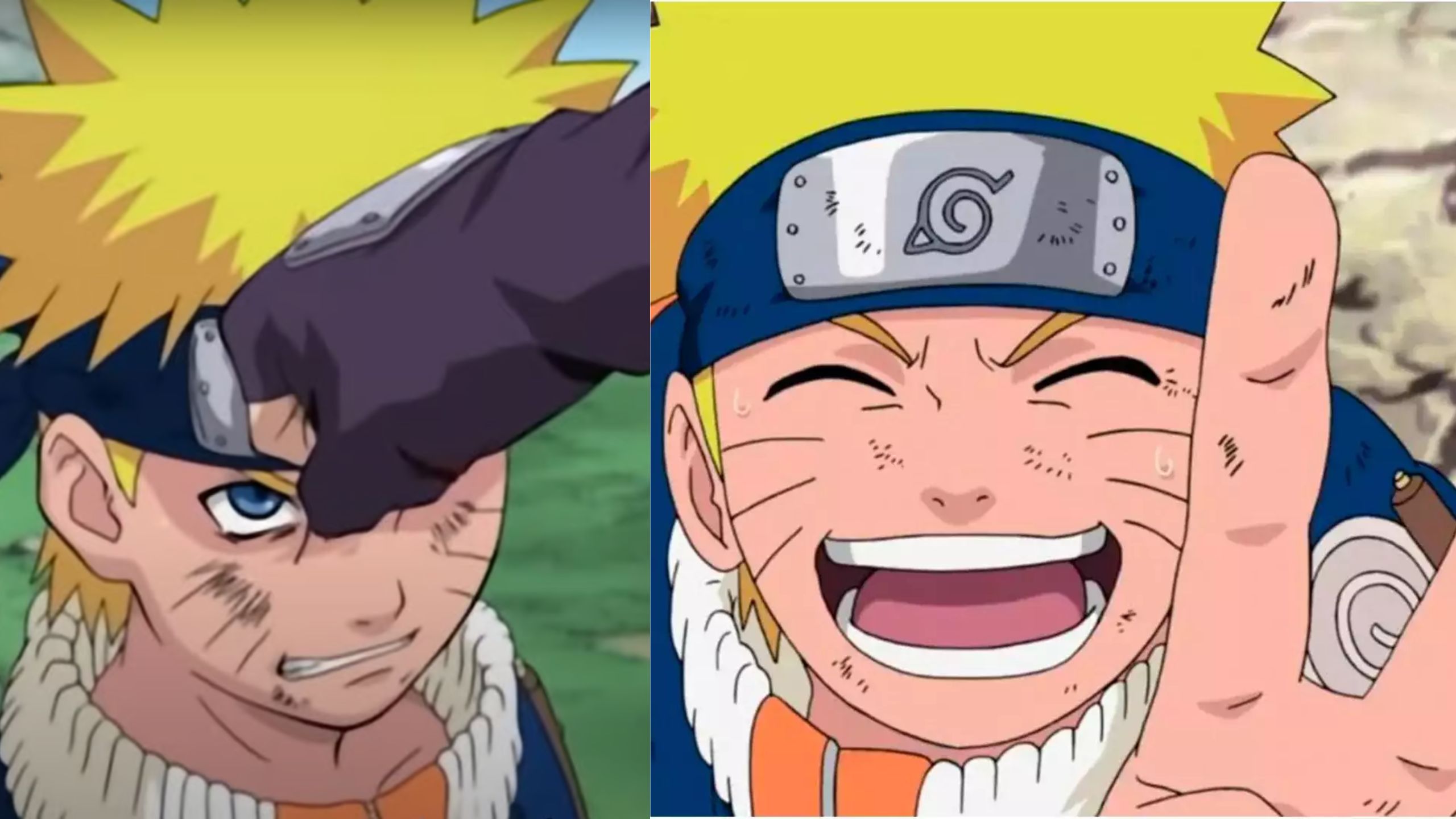
Moreover, the friendships and bonds formed throughout the series highlight the importance of community and support.
Characters like Hinata, who draw strength from Naruto’s unwavering spirit, showcase how one person’s determination can inspire others.
These relationships reflect real-life dynamics, emphasizing that we are often shaped by those around us.
Depth and Complexity for All Ages
While “Naruto” is accessible to younger audiences, it also offers depth and complexity that appeals to older viewers.
The series balances lighthearted moments with intense, emotionally charged scenes. Characters have rich backstories and personal struggles, adding layers to their personalities.
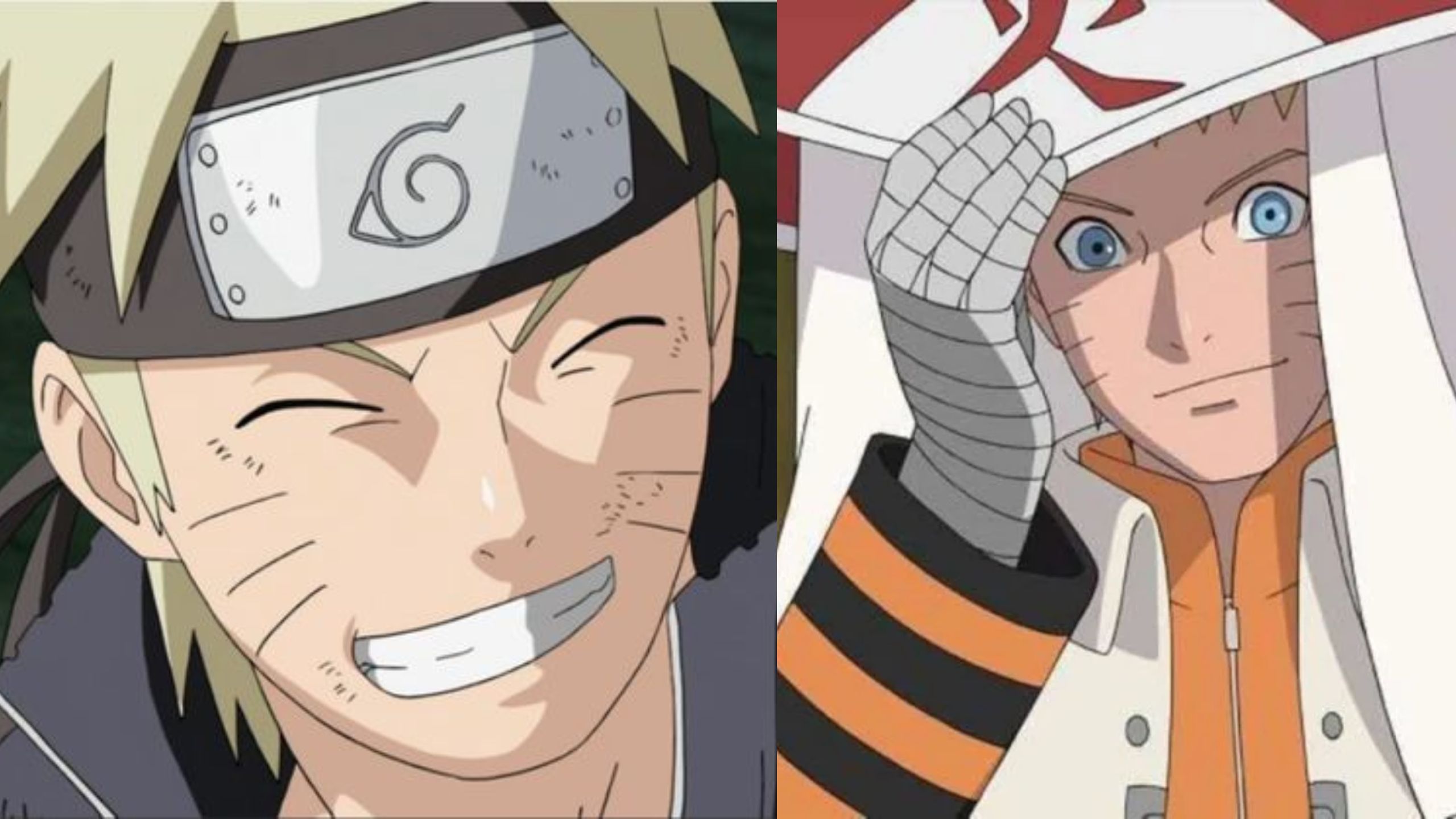
Villains are given compelling motivations, making them more than mere obstacles for the heroes. The show’s intricate plot and character development keep viewers of all ages invested.
Younger fans might be drawn to the action and adventure, while older viewers appreciate the nuanced storytelling and character arcs.
The balance of humor, action, and darker themes ensures that “Naruto” remains engaging for a diverse audience.
A Global Phenomenon
“Naruto”‘s impact extends beyond its entertainment value. It has become a global phenomenon, influencing popular culture and inspiring a sense of community among fans.
The series has sparked discussions about important themes, from overcoming adversity to the power of friendship.
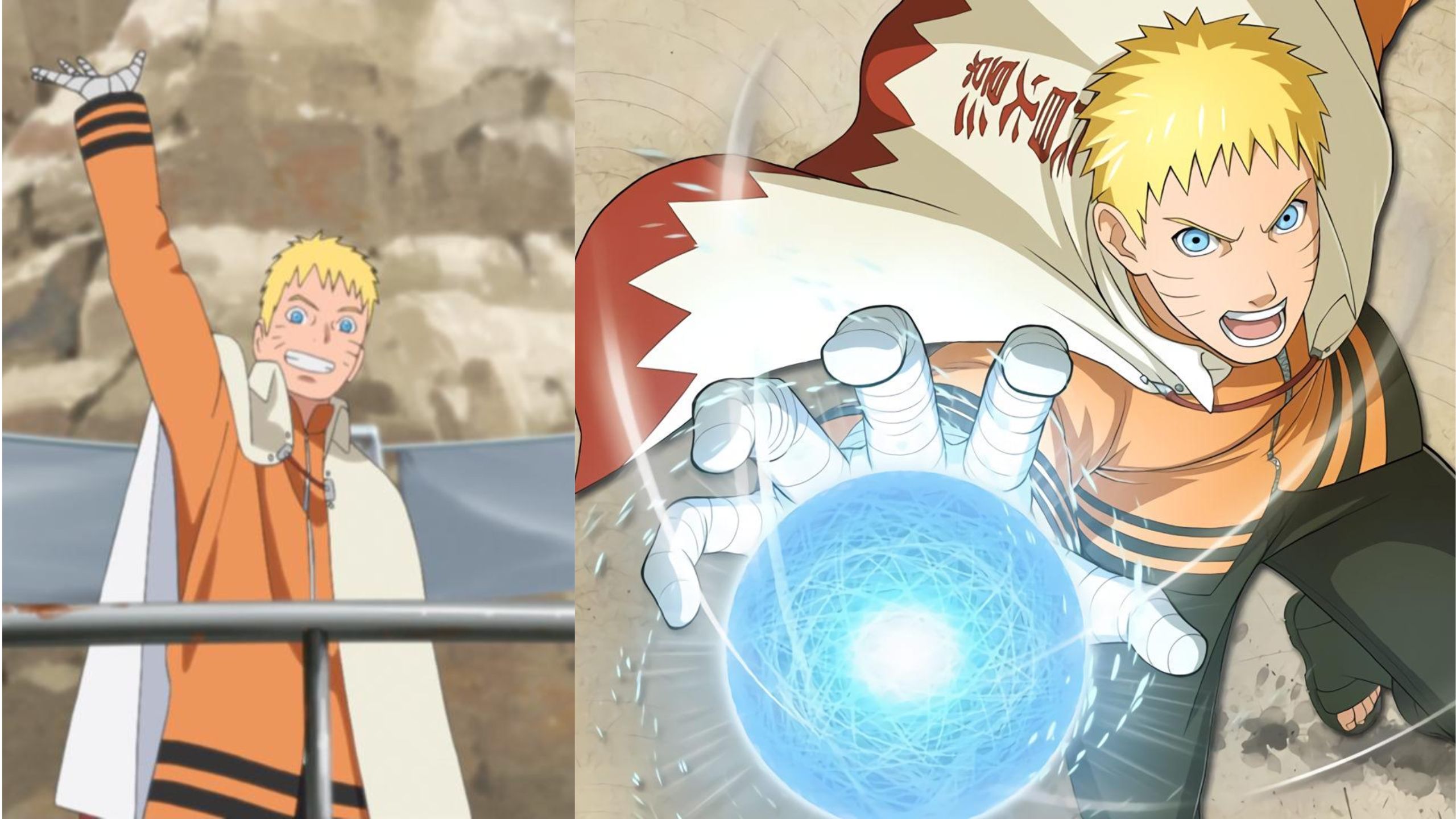
Its universal appeal has brought together people of different ages, backgrounds, and cultures, united by their love for the show.
The enduring popularity of “Naruto” speaks to its ability to resonate with viewers on a deep level. Its messages of hope, resilience, and unity continue to inspire new generations of fans.
Whether watching alone or with family, viewers can find something meaningful in Naruto’s journey and the lessons it imparts.
An Anime for All
“Naruto” is more than just an anime; it’s a story that transcends age and cultural barriers. Its themes of compassion, tolerance, and determination resonate with viewers of all backgrounds.
The series’ blend of humor, action, and darker themes makes it appealing to a wide audience, from young children to adults.
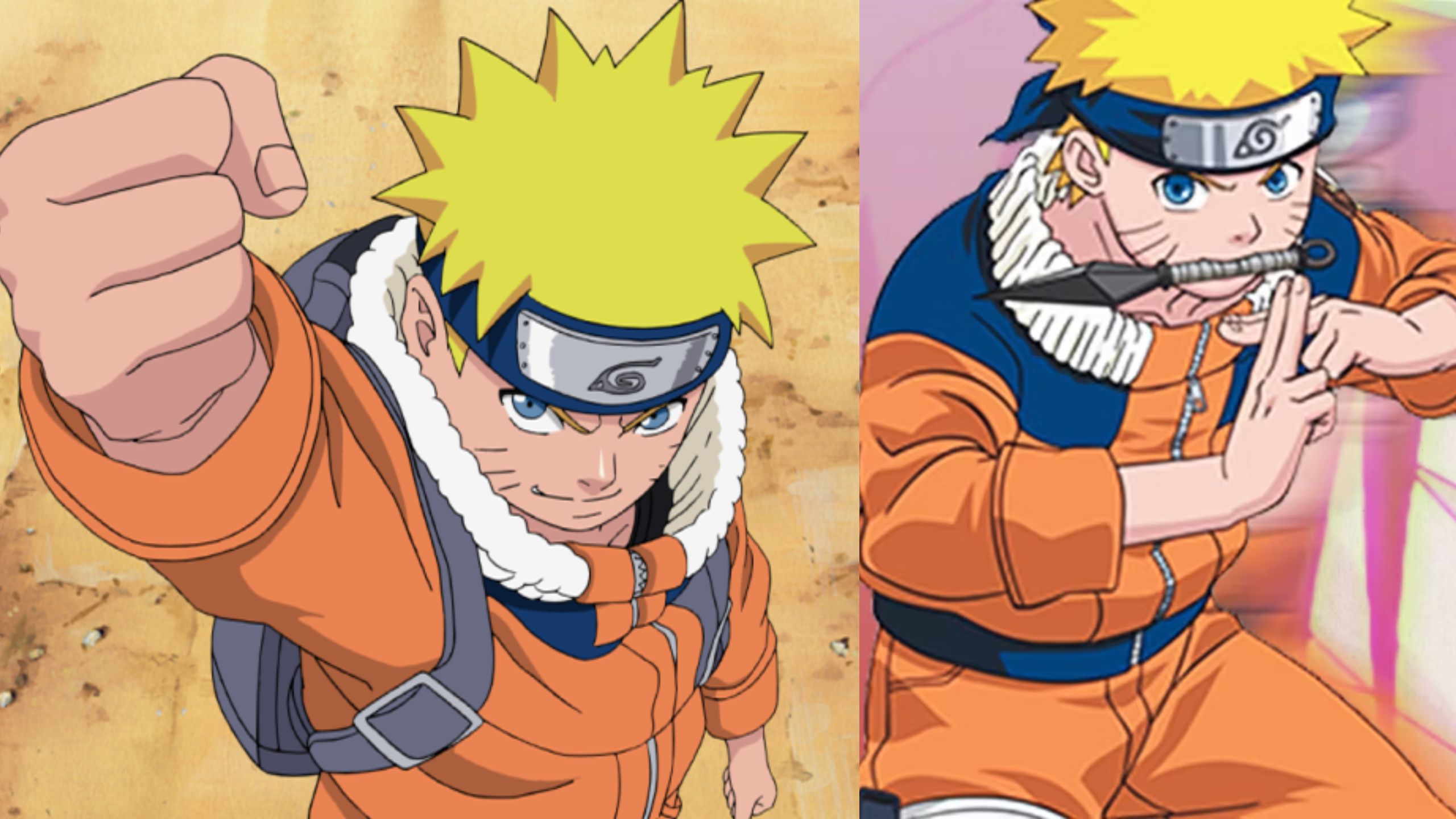
Through its rich character development and complex storytelling, “Naruto” promotes a sense of community and camaraderie.
Viewers can relate to the characters’ struggles and triumphs, finding inspiration in their journeys. The show’s enduring popularity is a testament to its universal appeal and the powerful messages it conveys.
In a world where entertainment often feels fleeting, “Naruto” stands out as a timeless tale of perseverance and hope.
It’s a series that families can watch together, learning valuable lessons and creating lasting memories.
As “Naruto” continues to inspire new generations, its legacy as one of the greatest anime of all time remains firmly intact.

